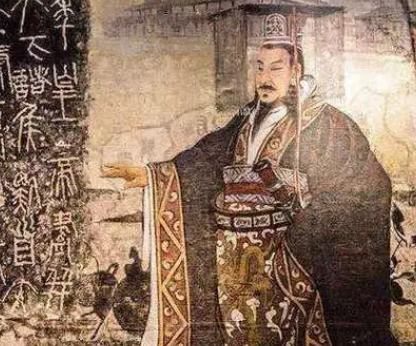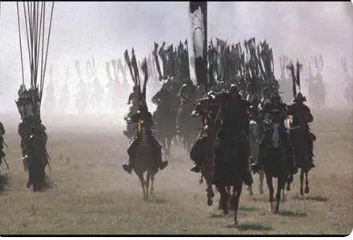In Chinese history, Qin Shi Huang and Han Wu Di are known as "Qin Huang Han Wu" due to their renowned fame and remarkable achievements. So, what are the reasons that enable these two emperors to be mentioned together? This article will analyze and explore the reasons for the parallelism of Qin Shi Huang and Han Wu Di from the aspects of politics, economy, and culture.

Firstly, their contributions in politics:
1. Qin Shi Huang: As the first emperor in Chinese history to unite the six kingdoms, Qin Shi Huang ushered in the peak of the feudal system. He implemented centralized power, strengthened imperial authority, established the prefecture and county system, and stabilized national politics. In addition, he imposed strict legal systems to maintain national order.
2. Han Wu Di: During his reign, Han Wu Di continued to strengthen centralized power, imposed strict legal systems internally, and actively expanded territory externally. He sent Zhang Qian to the Western Regions, opened up the Silk Road, and promoted cultural exchanges between China and the West. Simultaneously, he vigorously developed agriculture, handicrafts, and commerce, leading to national economic prosperity.
Secondly, their contributions in economy:
1. Qin Shi Huang: During his reign, Qin Shi Huang implemented a series of reform measures, such as unifying weights and measures and introducing a monetary system, laying the foundation for future economic development. Additionally, he ordered the construction of the Great Wall to safeguard national security.
2. Han Wu Di: During his reign, Han Wu Di vigorously developed agriculture, handicrafts, and commerce, bringing national economic prosperity. He also implemented a series of reform measures, such as introducing the equal-field system and establishing state-run salt and iron monopolies, creating favorable conditions for national economic development.
Thirdly, their contributions in culture:
1. Qin Shi Huang: Although Qin Shi Huang is famous for burning books and burying scholars, he unified the writing system, weights and measures, and monetary system, laying the foundation for cultural development in later generations. Additionally, he ordered the construction of many magnificent buildings, such as the Terracotta Army and the Epang Palace, showcasing the brilliant civilization of the Chinese nation.
2. Han Wu Di: During his reign, Han Wu Di attached great importance to cultural education, establishing the Tai Xue to select talents. He also vigorously promoted Confucianism, making it the dominant ideology of the country. Furthermore, he supported literary creation, and famous works like the "Records of the Grand Historian" were completed under his patronage.
In conclusion, the parallelism of Qin Shi Huang and Han Wu Di is primarily attributed to their outstanding contributions in politics, economy, and culture. Their reign brought political stability, economic prosperity, and cultural prosperity to the country, leaving valuable legacies for future generations.
Disclaimer: The above content is sourced from the internet and the copyright belongs to the original author. If there is any infringement of your original copyright, please inform us and we will delete the relevant content as soon as possible.






























